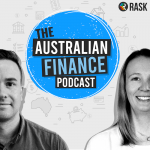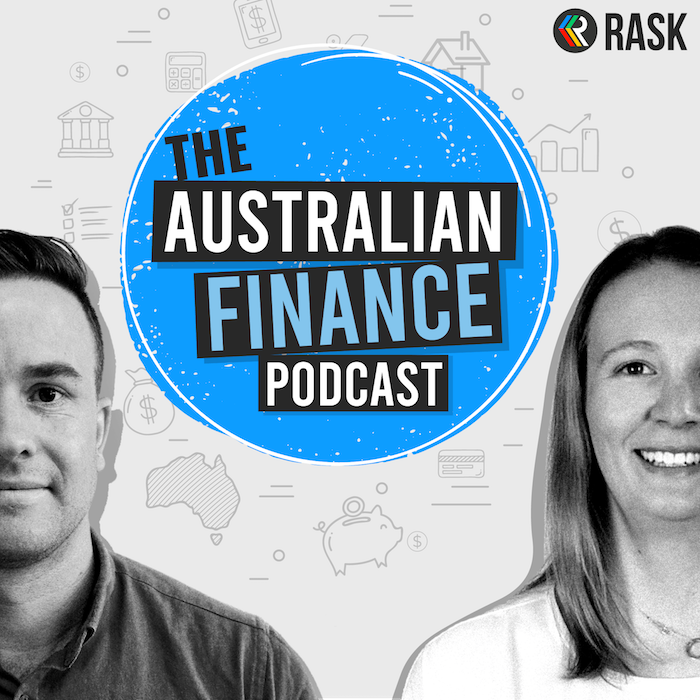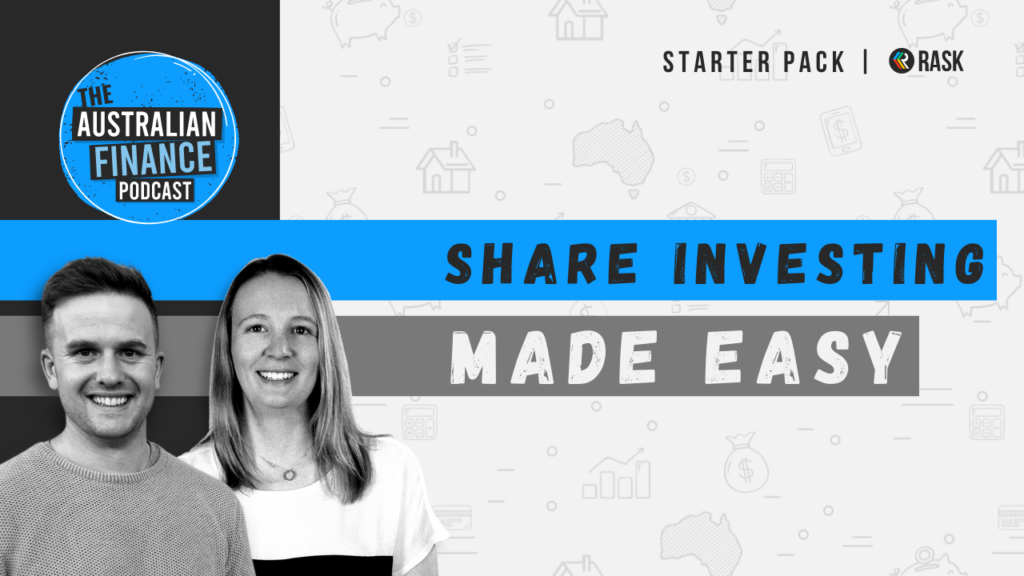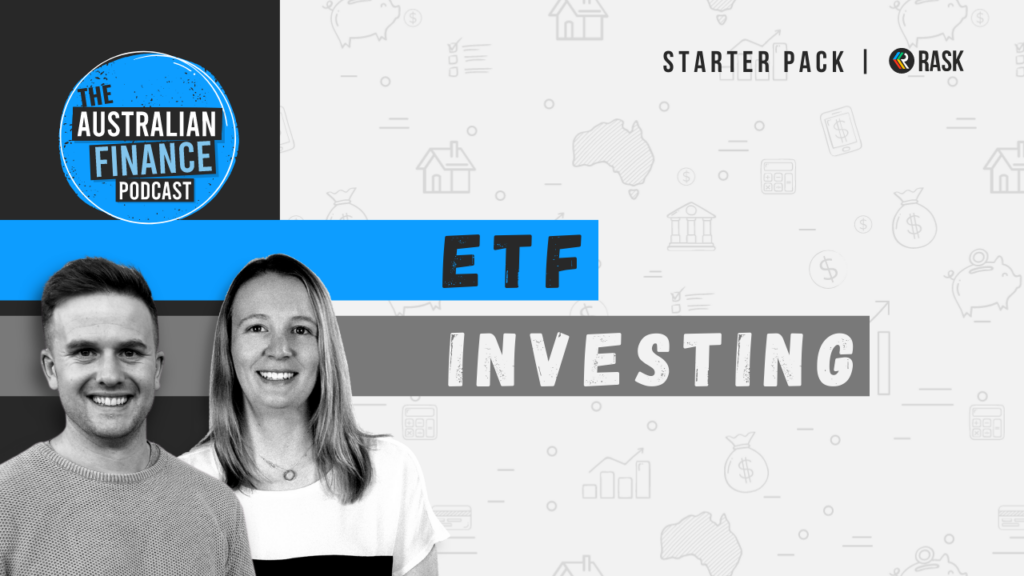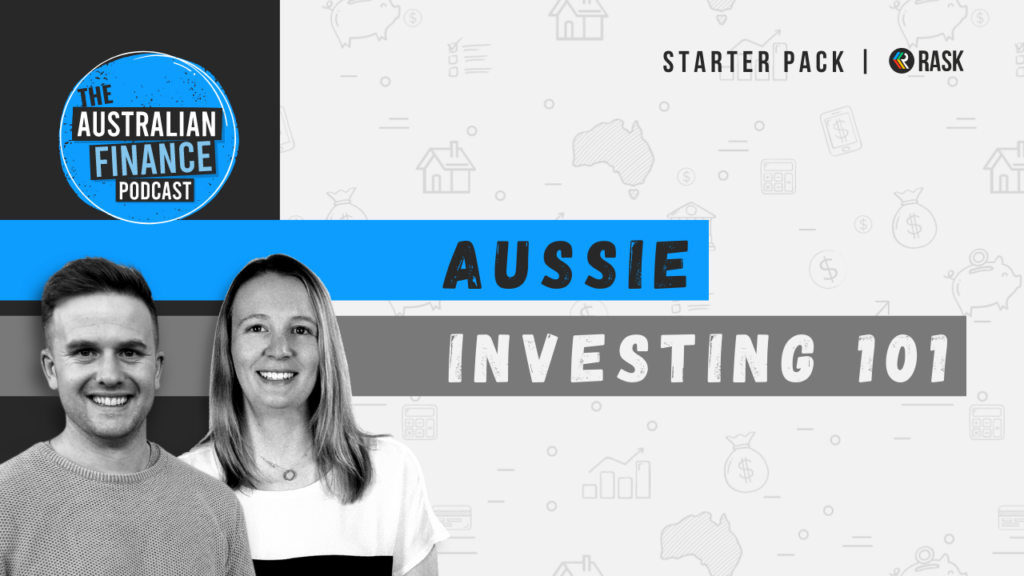iTunes | Spotify | Castbox | YouTube
About this episode:
In this Australian Finance Podcast episode we discuss how we go about using and consuming financial media, and discuss some of the ideas the experts have on how best to filter through the mud.
- Who should you listen to?
- Do they know what they’re talking about?
- Are my previously held opinions incorrect?
- Are their claims based on fact, fiction or FLUFF?
- Have they cherry picked their numbers and statistics?
Resources
Read stuff you disagree with, written by people you respect. Charlie Munger says a prerequisite to having an opinion is stating the opposing side’s view as well as they can.
Every piece of financial news you read should be filtered by asking the question, “Will I still care about this in a year? Five years? Ten years?” The goal of information should be to help you make better decisions between now and the end of your ultimate goals.
Read old news and you’ll quickly see that the life expectancy of your goals is higher than that of the vast majority of headlines.
Three Questions to Ask
- Is the article based on data or opinion?
- Is it descriptive of past conditions or predictive of the future?
- Does the article have a testable hypothesis?
Sources:
- How To Money
- CFA Institute – How Portfolio Managers read the news
- Nocturne Capital – How to watch the news
- Collaborative Fund
- Waitbutwhy
[ls_content_block id=”27363″ para=”paragraphs”]
